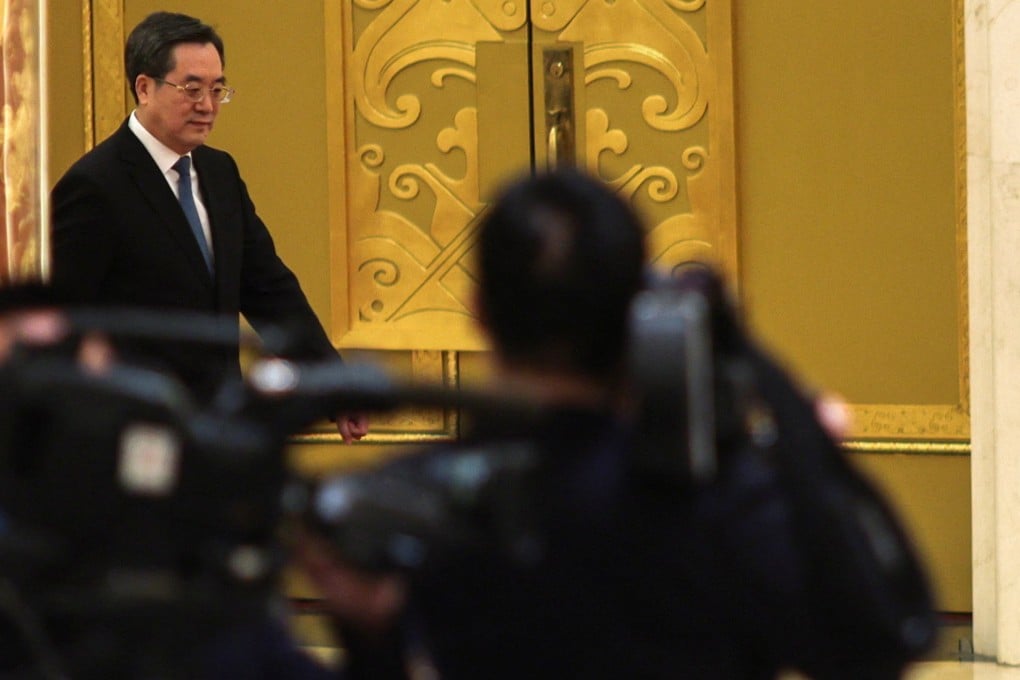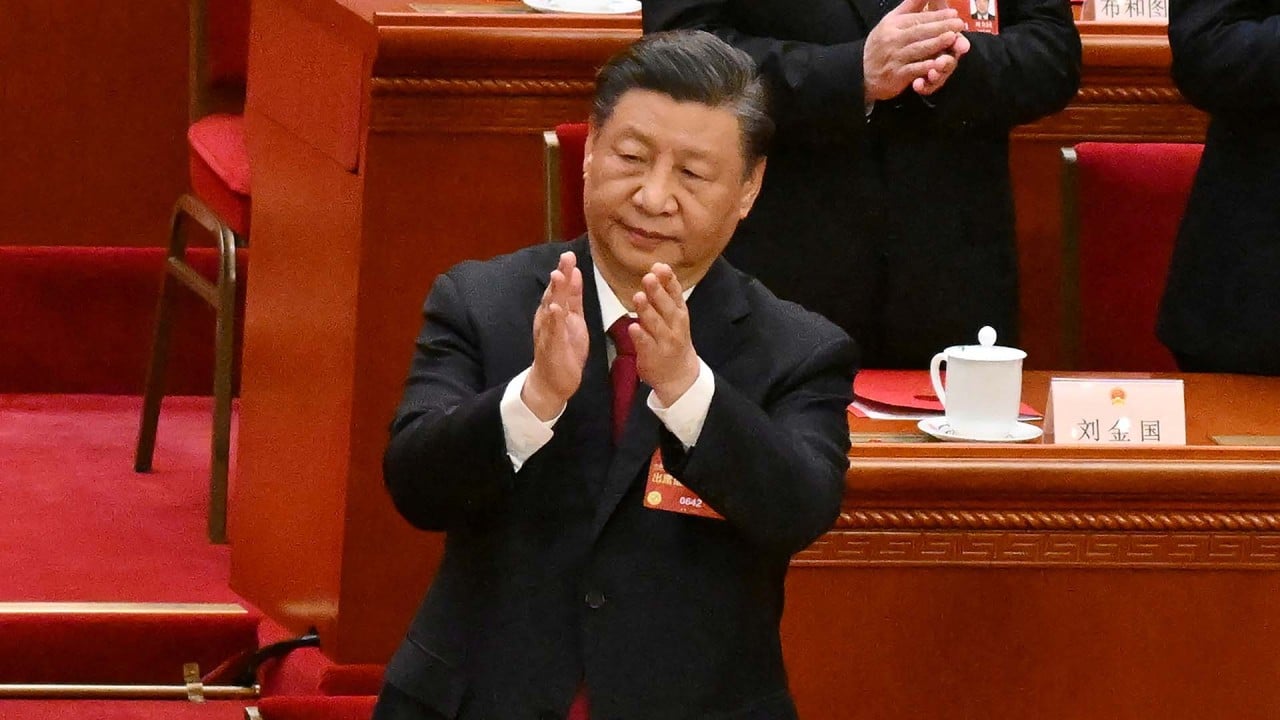China’s ‘two sessions’ 2023: Beijing’s political reshuffle is good news for Hong Kong, analysts say
- New executive vice-premier in Beijing, Ding Xuexiang, poised to take over oversight role for Hong Kong and Macau
- Peng Qinghua, a former Beijing envoy to Hong Kong, becomes a deputy chairman of the national legislature and is expected to bring benefits to city

Seasoned observers said one notable change was the leadership overseeing Hong Kong and Macau affairs after Ding Xuexiang, 60, succeeded Han Zheng as executive vice-premier.
Ding is widely tipped to also take over the oversight role for the two special administrative regions as Han used to head the Central Leading Group on Hong Kong and Macau Affairs, a top body of the Chinese Communist Party.

“As the executive vice-premier, the first among four vice-premiers, Ding will be better able to coordinate and mobilise ministries to uphold the ‘one country, two systems’ principle and guide the city to move forward,” Professor Lau Siu-kai, a consultant at the semi-official Chinese Association of Hong Kong and Macau Studies, said.
Political commentator Johnny Lau Yui-siu said Ding was “good at implementing what has been ordered” and that he had “gained a high degree of trust” from Xi.
